I loved He-Man as a kid.
Of course, I loved other animations as well, but there was something about the musclebound righter of wrongs that was on another level. And it wasn’t just him, but his entire cohort of adventuring heroes. From the brave Teela to Man-At-Arms, the timid Orco, and the cowardly Cringer; they were as close to my heart as the cast of Star Wars. But, then, as it always happens, I grew up, and He-Man didn’t.
Until now.
Picking up some thirty-odd years since the original He-Man series in the 80s, Masters of the Universe: Revelation begins at the end. The battle between He-Man and his arch-nemesis, Skeletor, is reaching its peak. Castle Greyskull lies in ruin, the world decimated by their seemingly endless war. As He-Man, Sorceress, and Man-At-Arms decide on a decisive final move, the unexpected happens, leaving Eternia forever changed in the aftermath.
Years later, Teela wanders the new world, far away from her old life in Prince Adam’s kingdom. But old enemies are near impossible to get rid of, and while the world has changed, the struggle for Greyskull lives on.
A brave new world
Masters of the Universe: Revelation is that it’s not like the He-Man of old. There’s a good chance it will piss off older fans. Those who refuse to accept the things they like won’t age with them.
He-Man barely makes an appearance for much of the first half. But when he does, it’s as if he never left. There’s the same goofy humor, the outrageous musculature, and a general sense of childlike wonder.
But this is Teela’s story, and it feels like a natural, sensible progression. Sidelined in the past, Teela is understandably frustrated and dismayed over not just Eternia, but her familial connections at the end of the war.
Happily, the series takes its sweet time in allowing her journey across the fantastic world to develop in peace. There’s a lot to unpack, and much of it is how we remember the world of He-Man from our childhood.
That nostalgia is more often than not used as a crutch for series these days. Even the shows I enjoy, like THE MANDALORIAN, fall happily into its snare. There’s a movement online that decries change in any form and demands that the past never becomes a part of introspection.
But, as the quote goes, the past is a foreign country; they do things differently. And showrunner Kevin Smith understands that more than others. He has, after all, spent the last decade mining his golden years for both successful and unsuccessful material for his sequels. So in his hands, Masters of the Universe: Revelation turns into an exploration and deconstruction of what, exactly, we loved as kids.
Because in the end, He-Man is a toy commercial that happened to spawn a franchise around it. Any lore or mythology that it created was a happy coincidence. New character introductions went hand in hand with the latest toy line, and any overarching plans were, to put it kindly, iffy at best.
Such frivolity gives Masters of the Universe: Revelation freedom. Eternia is close to how we remember it, and yet now, viewed with fresh eyes; the flaws are as glaring as ever. In the past, Teela was treated as an afterthought, a secondary fiddle designed to attract a marginal audience with “girl toys.” But what would a person grow into living like that? Especially after finding out their friends and family kept a secret the likes of He-Man’s true identity from them?
Beyond that, Masters of the Universe: Revelation dares to ask tougher, more existential questions as well. What does power mean, exactly? What kind of morality is there in a war for “peace” that lasts for decades and only benefits an oligarchy? And, even more importantly, who decides the wielder of that power?
Where the story goes next is best left unspoiled. At just five episodes, the first half of the season moves extremely briskly, throwing curveballs left and right. The pacing, and some cameos, admittedly feel like Smith and co. have bitten off a bit more they can chew at times.
The action, which there is a lot of, is thoroughly exciting and inventive. But, as with the first season of Castlevania, Powerhouse Animation is still finding its rhythm. Some elements feel dreadfully unpolished, while others stand out gorgeously.
But minor grumbles aside, this is epic, grand-scale storytelling you wouldn’t expect from the low-key indie director. Smith likes to joke he’d never be allowed to direct a Marvel film, but his handling of the material suggests he wouldn’t be the worst choice for the job, either.
Combine that with a stellar cast (everyone from Mark Hamill to Stephen Root has come to play), and some delightful visuals from Powerhouse Animation and Masters of the Universe: Revelation should delight new and old fans alike. Well, not all of them; some will admittedly hate where the series takes the characters.
But that’s a part of growing older. Some things change. The golden years were never real, and whatever we remember from the past serves only as a crutch if we don’t learn to let it go. Even after all this time, this silly little show about a buff guy in a loincloth still teaches us important lessons.
Who would have guessed it?




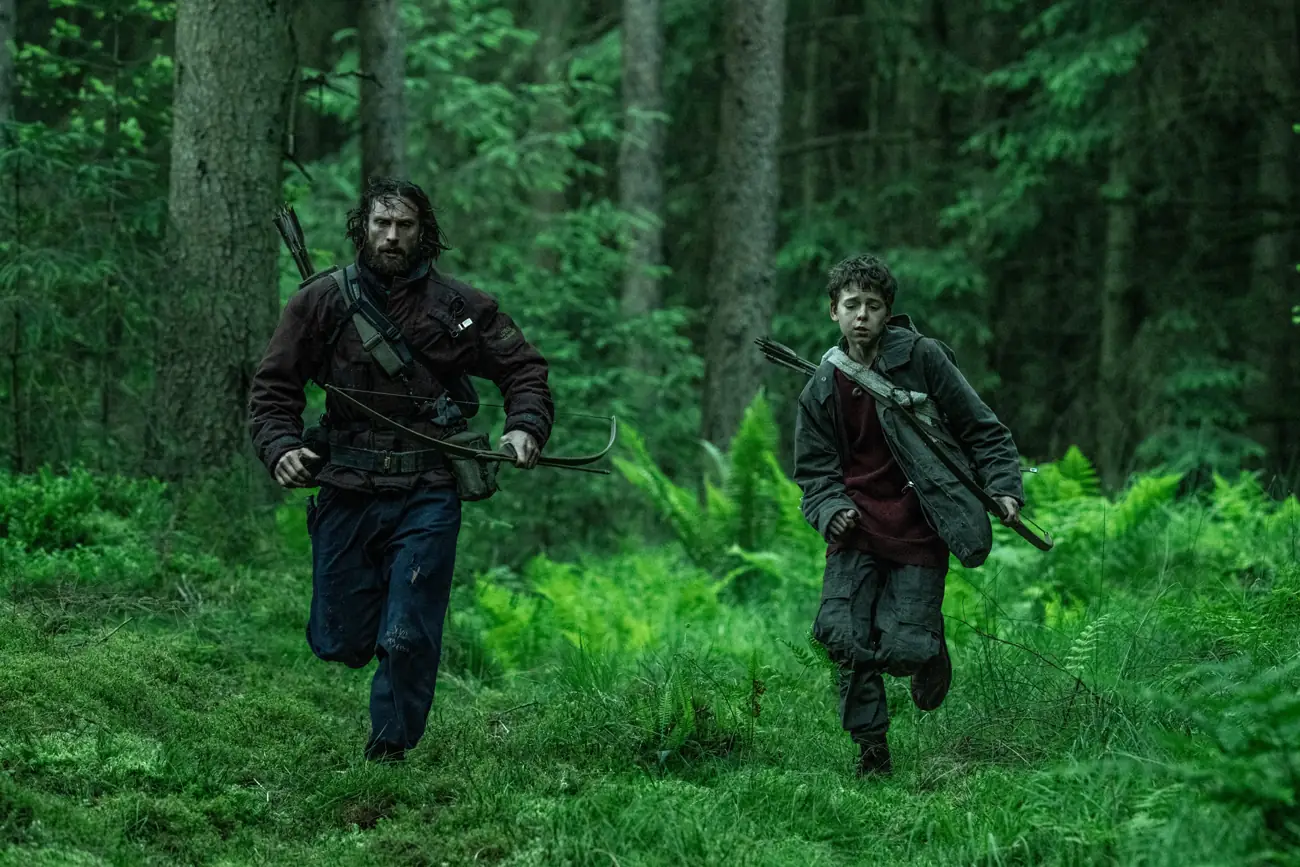
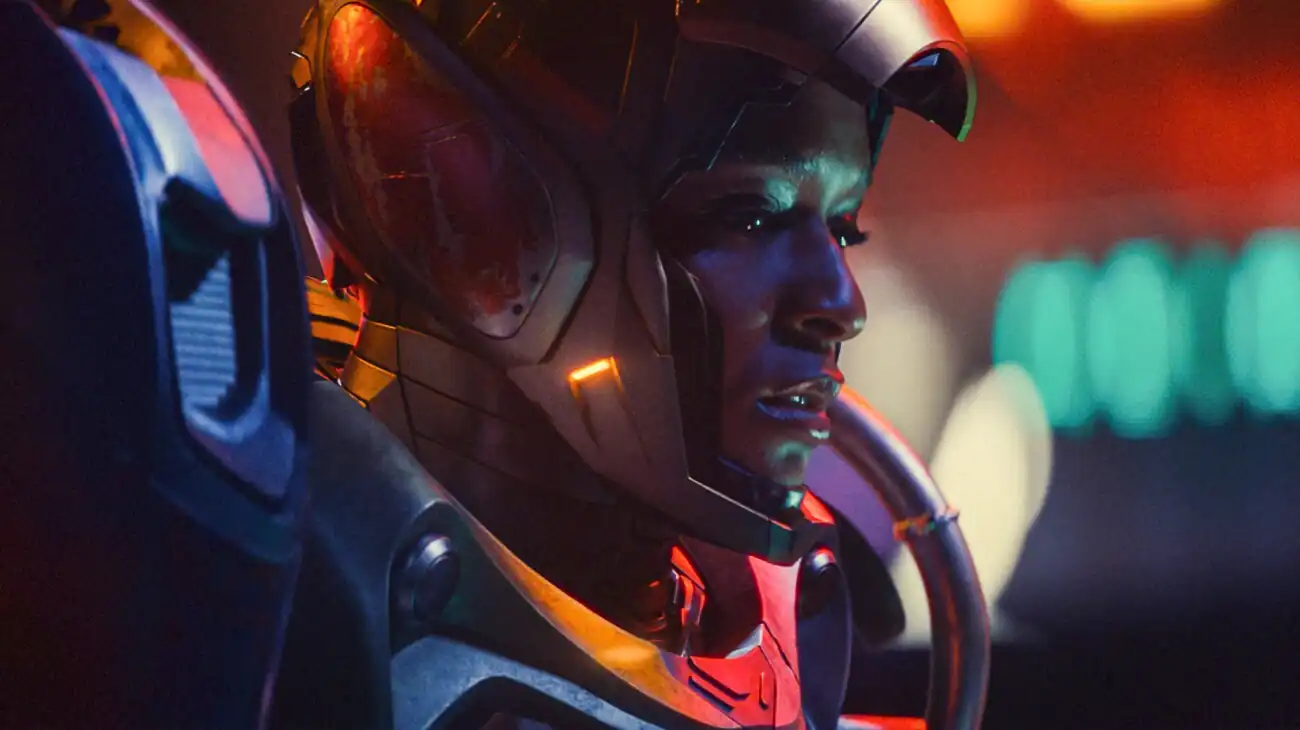

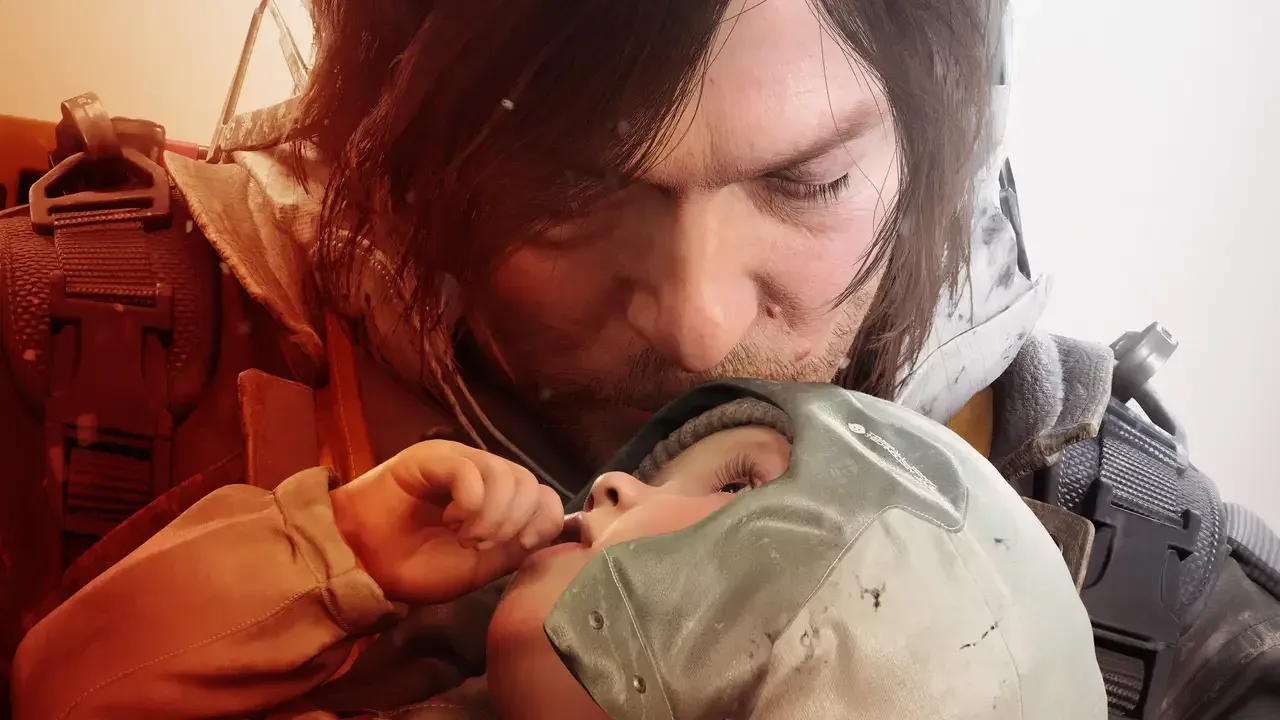
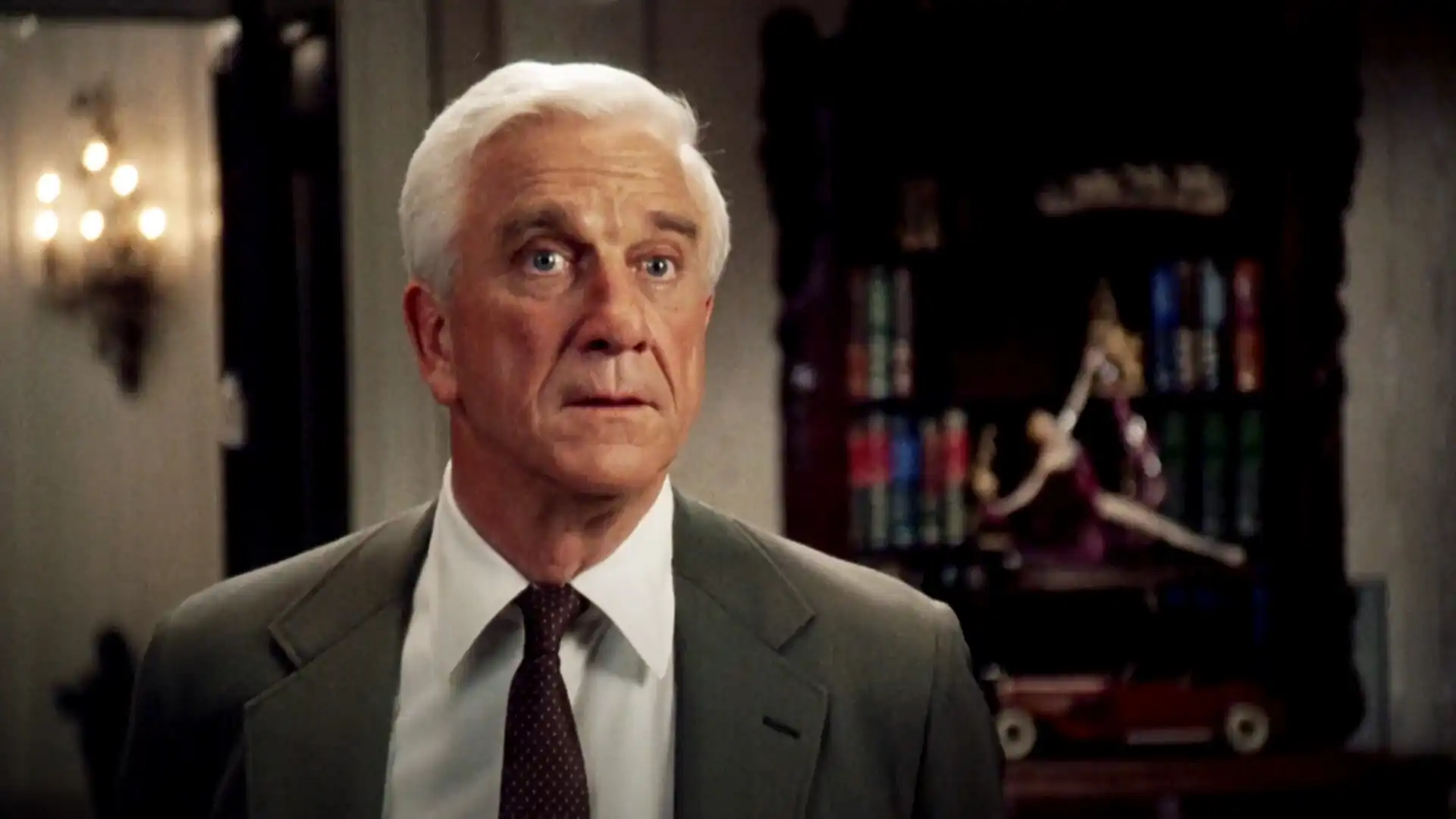
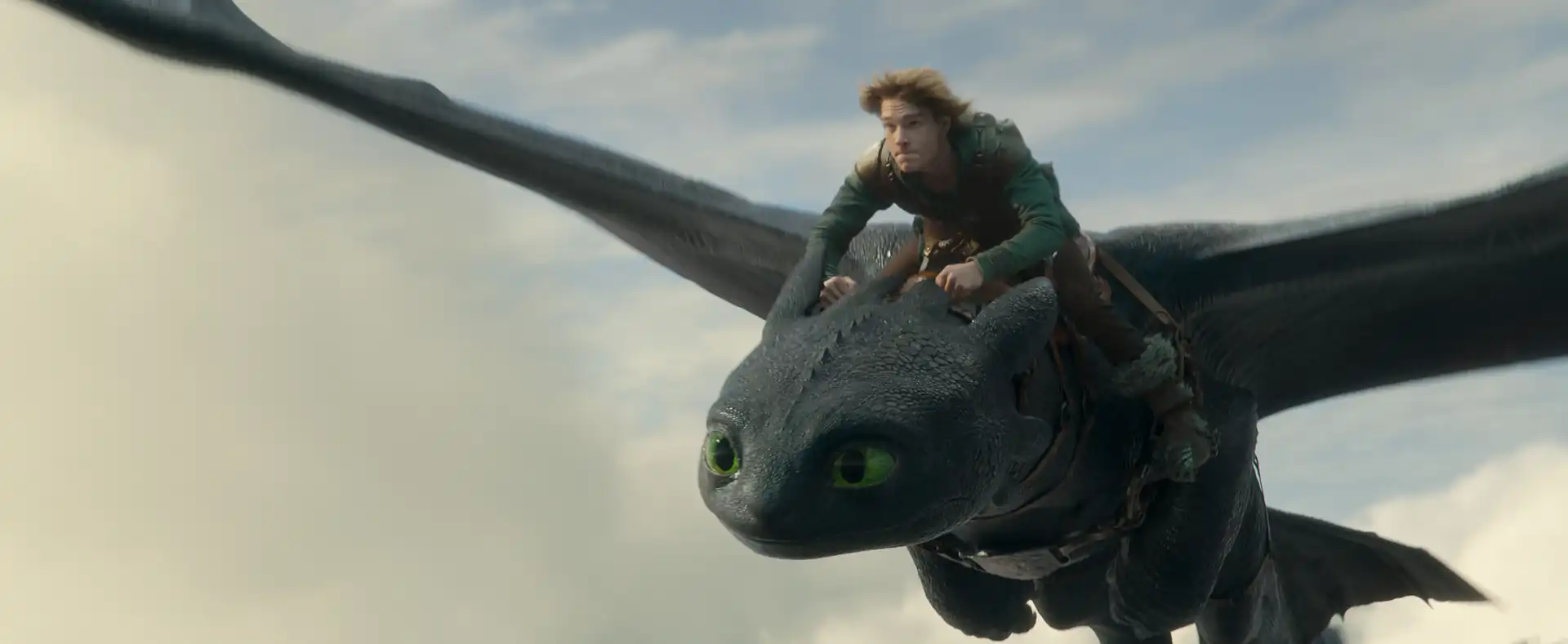

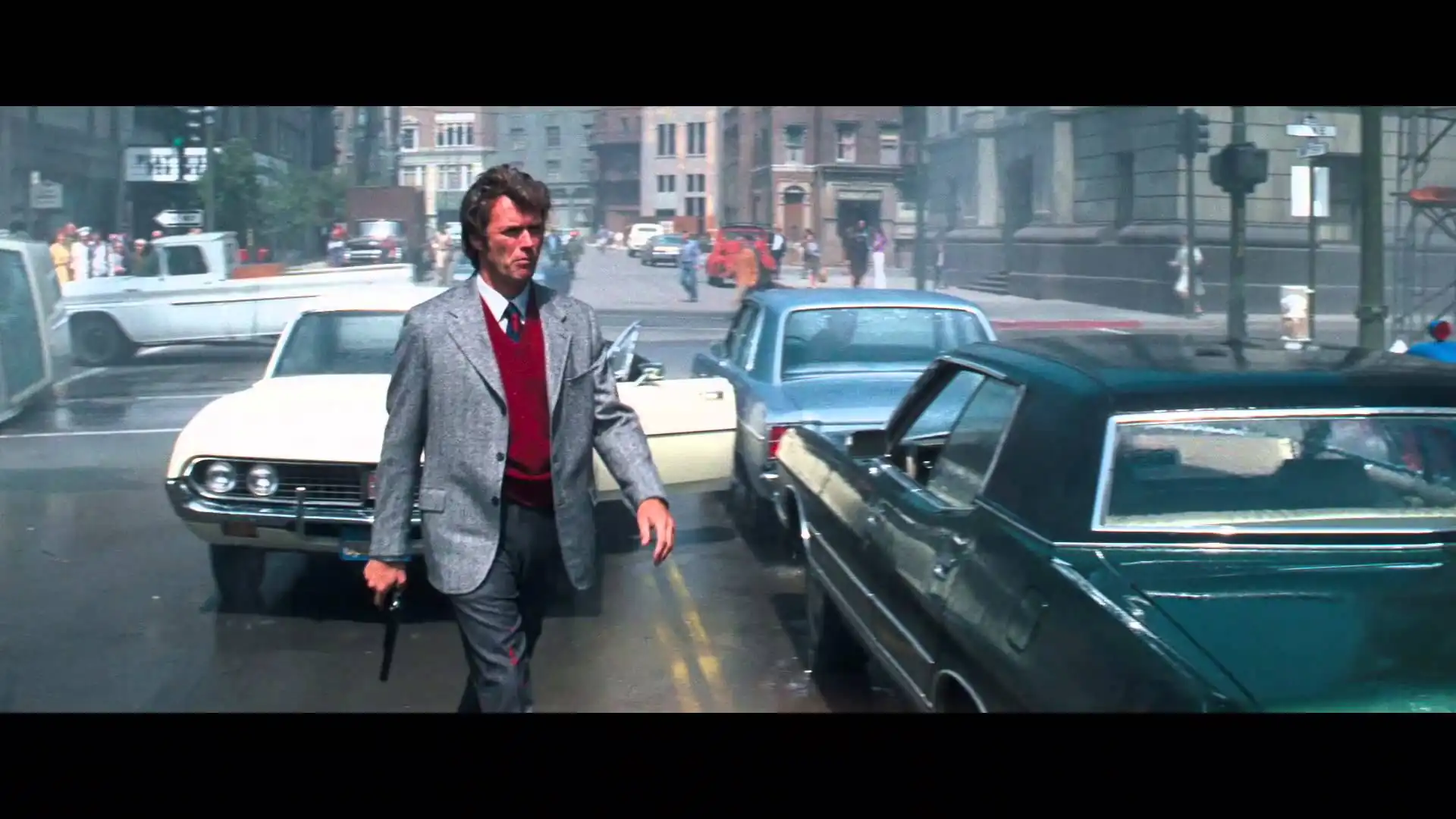

Discussion